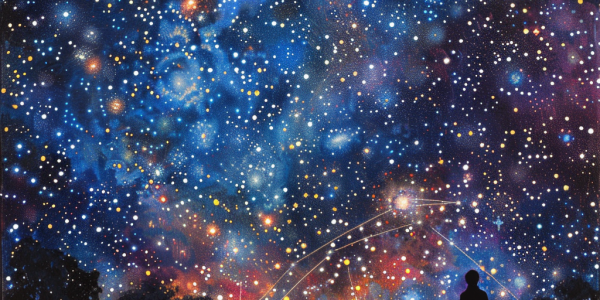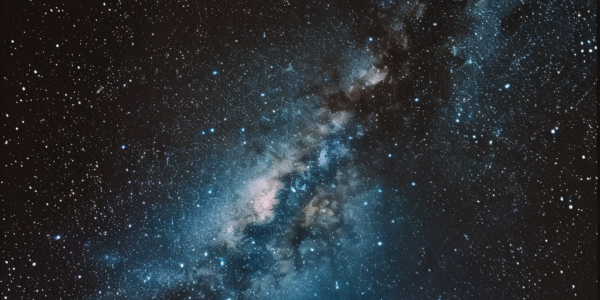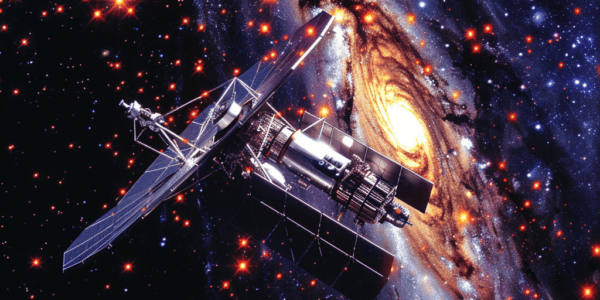The Night Sky: A Glimpse into the Past
When we gaze at the night sky, we’re not just seeing stars; we’re looking back in time. The universe, approximately 13.6 billion years old, reveals fascinating insights as light from celestial bodies takes years, even millions of years, to reach us. Discover how the light from the sun, moon, and distant stars connects us to the cosmos’ history and the incredible distances involved in this cosmic journey.
Cosmic Mystery: The Convergence of Universe’s Expansion Rate
The Hubble constant, which measures the rate of the universe’s expansion, has been a controversial number in cosmology for years. However, it seems that the two main methods of measuring the expansion rate are now converging, bringing us closer to resolving this cosmic mystery. Recent developments indicate that the further galaxies are from Earth, the faster they are moving away from us, with significant implications for our understanding of the universe and its evolution. These findings suggest that we may be on the brink of solving one of the most significant open questions in physics.
Universe’s Expansion Speed Appears to Vary, Confounding Scientists
Scientists using the James Webb and Hubble space telescopes have confirmed a troubling conundrum in physics – the universe appears to be expanding at different speeds depending on where we look. This problem, known as the Hubble Tension, has the potential to alter or even upend cosmology altogether. The study, published February 6 in the Astrophysical Journal Letters, suggests that there may be something seriously wrong with our understanding of the universe. Lead study author Adam Riess, professor of physics and astronomy at Johns Hopkins University, stated, ‘With measurement errors negated, what remains is the real and exciting possibility we have misunderstood the universe.’



